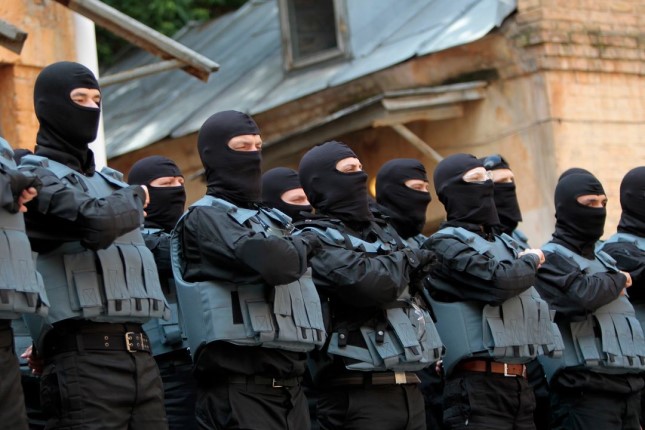The House on Thursday passed a bill that would force the president to permanently freeze $6 billion in Iranian funds that were briefly made available to Tehran as part of a prisoner swap deal.
Under the deal, the US and Iran exchanged prisoners, and the US allowed the transfer of the $6 billion from South Korea to Qatar, where Iran would receive access to the money. But shortly after the October 7 Hamas attack on southern Israel, the Biden administration decided to go back on the deal and cut off Iran’s access to the money.
The administration made the move due to pressure from Congress over claims that Iran was involved in the October 7 attack, even though there’s no indication it was. US intelligence determined Tehran was surprised by the Hamas assault, and Israel said it had no evidence of Iranian involvement.
The bill passed by the House on Thursday would make the administration’s move to freeze the Iranian funds permanent by requiring sanctions on any foreign entity that moves to make them available for Iran.
The legislation passed in a vote of 307-119 with 118 Democrats and one Republican, Rep. Thomas Massie (R-KY) opposing the bill.
“There’s no legal or moral authority for us to freeze or steal assets of other countries we are not at war with,” Massie wrote on X. “It’s also shortsighted for us to use our super-power status to force foreign banks to freeze assets of sovereign countries.”
Democrats defended President Biden’s diplomatic maneuvering that led to the deal and got five Americans out of prison. Rep. Gregory Meeks (D-NY) argued going back on the agreement would hurt US credibility.
The $6 billion was frozen in South Korea due to US sanctions on Iran that were re-imposed after the Trump administration unilaterally withdrew from the Iran nuclear deal, known as the JCPOA, in 2018.
Photo: Rep. Michael McCaul (R-Texas) speaks to reporters as he heads to the Capitol Visitors Center on Thursday, November 2, 2023.
Source: AntiWar.
































